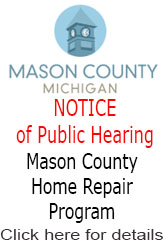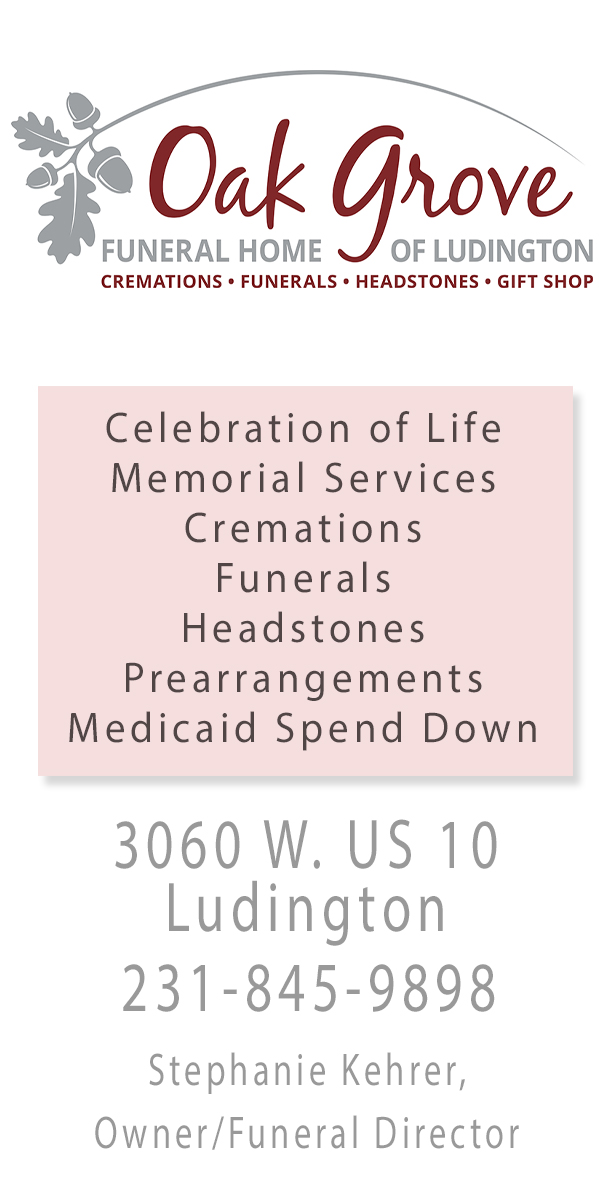 Spectrum Health answers questions about COVID-19 and the heart.
Spectrum Health answers questions about COVID-19 and the heart.
GRAND RAPIDS — New research has determined that the novel coronavirus COVID-19 can do alarming damage to the heart. In fact, one out of five patients with COVID-19 experience heart damage, according to a study published in March in JAMA Cardiology.
People already diagnosed and suffering from heart disease have increased concerns about their risk, in light of the current health crisis.
Dr. David Wohns, division chief, cardiology, Spectrum Health, has answered several of the most commonly asked questions.
Should people with heart disease be particularly concerned about COVID-19 and, if so, why?
We know COVIID-19 is primarily a respiratory illness that spreads from person-to-person in a highly contagious manner and impacts individuals in different ways. For people with underlying heart conditions, the infection can be more serious with a greater chance of hospitalization and even death. This is especially true for those over 65 years of age with coronary disease or hypertension. These individuals are both more likely to become infected and more likely to develop severe symptoms. While we know everyone needs to follow precautions during this pandemic, it is especially important for these individuals to strictly follow recommendations for social distancing, hand washing, staying at home and avoiding gatherings. They should also seek medical treatment immediately when experiencing concerning symptoms such as shortness of breath.
What recommendations do you have for your heart patients? Any special precautions?
The basic guidelines are the foundation of prevention. Patients with cardiovascular disease should make sure they are current with available vaccinations, including the pneumococcal vaccine. We agree with the CDC which recommends wearing cloth face coverings in any public setting. This includes all outings, whether to the grocery store or the pharmacy.
When should a patient reach out to their provider for help?
This is an important question as we are seeing a dramatic drop internationally in the number of patients with heart attacks or other cardiovascular conditions. We are very worried people are staying home or not seeking attention for a variety of reasons. It may be that people are concerned about going to a hospital. However, not getting prompt, proper treatment can result in long term consequences or even death. One of the hallmark symptoms of COVID-19 is shortness of breath, which is also a symptom of heart disease.
My recommendation is that any person with prior heart disease or at risk of heart disease who is experiencing chest symptoms or shortness of breath reach out to their primary care physician or cardiovascular provider for guidance as soon as possible.
How or when is telehealth the right option?
Always call 911 if your symptoms are serious. However, teleheath, such as Spectrum Health Now, is an excellent option for heart patients not experiencing a need for immediate critical care. Telehealth is an easy and effective way to receive an evaluation from the comfort and safety of your own home.
What is the risk of avoiding or delaying potential treatment?
The risk to patients avoiding or delaying potential treatment for heart issues can be significant and even life threatening. The risk of delayed treatment for a heart attack is the most serious. Heart attacks are life-threatening events and early treatment with stents not only saves lives but reduces the amount of permanent damage to the heart. We have a saying that “time is muscle” when it comes to early treatment of heart attacks. We want to ensure our patients in this COVID-19 period do not misinterpret heart symptoms as something else. If you have any questions, I strongly urge you to call your primary care physician or heart specialist right away.
More information about COVID-19 is posted on the Spectrum Health website.










































.png)




















